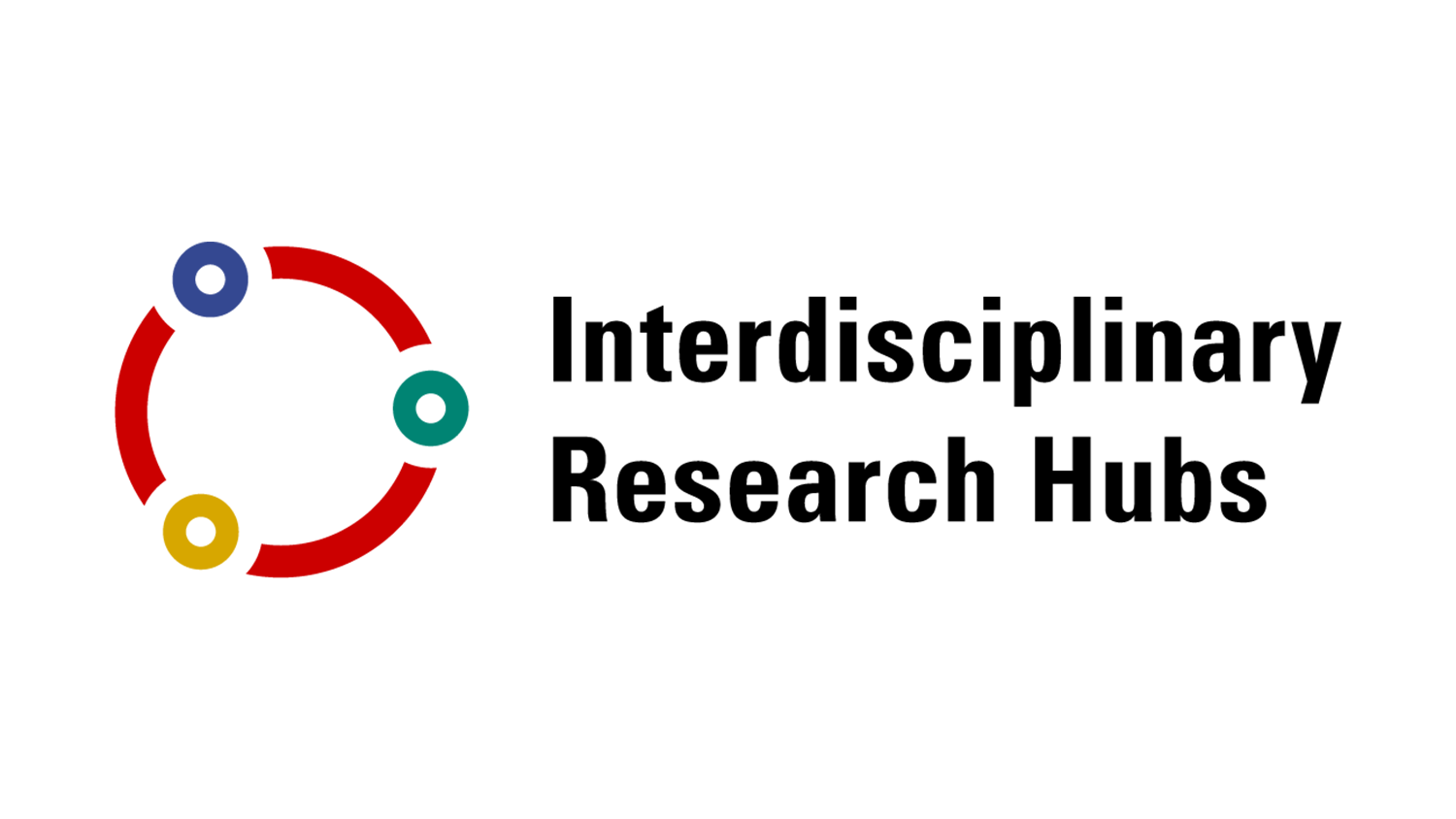Professor Carla Johnson Leads the Development of First Handbook of Research on STEM Education, Featuring Contributions from College of Education Faculty

Carla Johnson, Ed.D., professor of science education at the NC State College of Education and NC State University Office of Research and Innovation Faculty Research Fellow, has spent more than a decade focusing on the impacts of investments in STEM education. Drawing on her extensive work in the field, Johnson recently served as the lead editor on the newly released Handbook of Research on STEM Education.
The Handbook of Research on STEM Education is the first publication of its kind in the STEM field and is a collection of the most relevant and imperative topics permeating the field around the world. The book, Johnson said, serves as an anchor of current STEM education knowledge that can be used by researchers and practitioners to inform future research and advances in STEM.
“The field has grown significantly and research has been emerging on what works in STEM education. The timing was right to conceptualize and propose the first handbook that would synthesize all that we have learned in the area of STEM education,” Johnson said.
Rather than focusing on individual disciplinary research, the Handbook focuses on the integration of the STEM disciplines — science, technology, engineering and mathematics. The chapters are built around six themes that represent the most pressing areas of growth and investment in the field — the nature of STEM, STEM learning, critical issues in STEM, STEM teacher education, STEM policy and reform and STEM pedagogy, curriculum and assessment.
“Those who know about STEM education know the power is really in the integration and connections across the disciplines,” Johnson said. “Exemplary STEM programs and schools are designed in this way and we wanted to learn more about how the integration of STEM disciplines impacted how we teach, how students learn and how leaders make decisions on policy investments.”
To build the content in the Handbook, Johnson and her co-editors solicited proposals from teams around the world and received more than 200 proposals. Among the 37 proposals that were ultimately selected for inclusion in the book are contributions from several other faculty and staff at the NC State College of Education.
Professor of Science Education Meg Blanchard, Ph.D., co-authored a chapter on “Informal STEM Program Learning,” which provides an overview of the goals, benefits and types of informal STEM programs and proposing recommendations and a conceptual framework for studying these programs going forward.
Professor of STEM Education Eric Wiebe, Ph.D., Professor of Science Education Soonhye Park, Ph.D., and STEM education doctoral student Vance Kite authored the chapter focused on “Integrating Computational Thinking in STEM.” Their contribution provides a summary of international research surrounding the integration of computational thinking through a lens of curriculum and assessment. They provide a history of learning and teaching computer science, using that synthesis to guide a review of research done on computer science and computational thinking in informal learning settings.
College of Education Senior Research Scholar Janet Walton, Ph.D., and Johnson co-authored the chapter focused on “STEM Policy in the United States and Canada,” in which they examine the nature of federal and state policies enacted over the past two decades, the impacts of those investments and future directions for STEM education in both countries.
“There is great representation from our NC State College of Education’s Department of STEM Education in the Handbook. This is a testament to the outstanding research that our faculty are engaged in and the pivotal leadership role NC State plays in STEM education globally,” Johnson said. “Not only do we prepare the best STEM teachers, we also have faculty deeply engaged in critical challenges within STEM education.”
Johnson remains involved in several other projects related to STEM education, including serving as the lead author of the STEM education chapter in the third edition of the Handbook of Research on Science Education. Her chapter focuses on the role of science within STEM education and is the only chapter in the book that discusses STEM in this context.
Johnson is also the lead editor of the STEM Road Map: A Framework for Integrated STEM Education. Since it began in 2013, that project has developed a primer for implementing integrated STEM in schools, including curriculum maps for K-12 education as well as strategies for engaging diverse learners, providing authentic assessment and teacher professional development and advocating for STEM.
Following the publication of the initial book, which has sold more than 10,000 copies, Johnson and her co-editors, including Walton, created 30 books for individual grade levels and units. The STEM Road Map project has garnered significant international traction, evidenced by the follow-on project with Winshare Publishing in China who subsequently partnered with Johnson and team to develop a curriculum for Chinese students in grades one through six.
That STEAM+ curriculum, which was finished in 2019, is currently being piloted in all 23 Chinese provinces.
“Our STEM Road Map and the STEAM+ curriculum are both being used widely. It is great to realize our goal of developing effective STEM resources that could be made available for schools and teachers to use as they start their own journeys of doing integrated STEM,” Johnson said.
- Categories:


